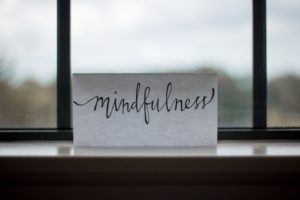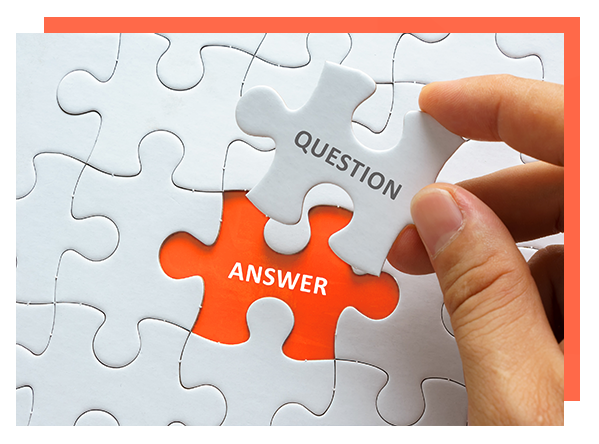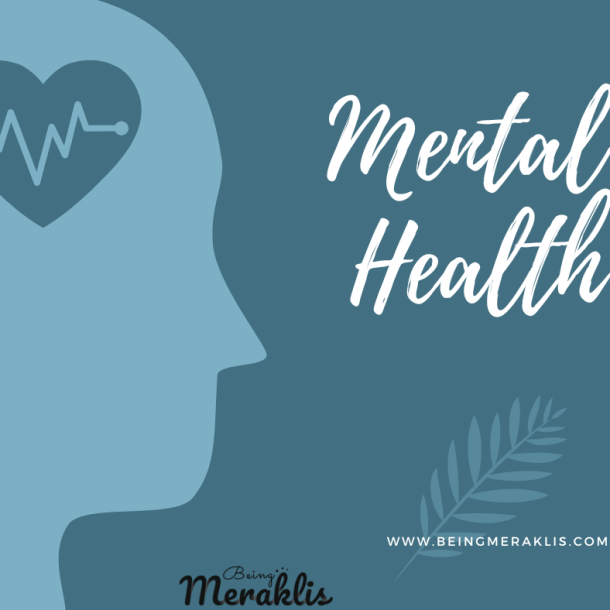I have always experimented with the art of unplugging from technology and devices to preserve my sanity in this interconnected world.
I recently stayed away from Instagram and I felt like sharing the experience here with all of you.
I caught myself mindlessly scrolling and watching what others are up to far too longer than necessary. It became overwhelming soon, so much so that I stopped working towards what I had intended to do last week.
Have you done that too? Or is it just me losing my marbles?
Anyways, the impact was small at first. Little triggers, sudden mood swings, and unexplainable bouts of sadness or feeling underwhelming. Gradually the panic built within me. I stopped doing the things I needed to. I was so overwhelmed that doing nothing felt better than trying and failing.
In today’s age of information, there is so much of it that I often find myself overwhelmed by the sheer volume of it. We are connected to our systems so much so that they are extended body parts more than devices.
I’ve unplugged before without giving it a single thought. I took a complete social media detox for the last 10 days of December 2019, and it was blissful. However, I know it is not as easy as it sounds, so let’s dig a little deep.
The more we get addicted to our devices, the more resistance we face to even consider the notion of unplugging, right?
So, why is unplugging unthinkable?
1. A misplaced sense of importance
We all have unflinching faith in our importance and the things we achieve using these devices. I convinced myself so too.
I remember thinking a lot of my work actually requires social media how I could survive to be off it? Guess what, no one noticed. When I went completely off for 10 days or when I used it sparingly (less than 5 minutes) to do my actual work and was off again.
The same holds true for checking Whatsapp, Emails, social messengers, and other things we pretend to rely on devices. I have stopped checking my emails from every half an hour to once a day, or unless someone tells me, I need to revert immediately. And, it has not impacted work one bit. On the contrary, it has improved my productivity because of no distractions.
2. Habituated to it
Humans are, after all, creatures of habit. We are so committed to it that even if we know something is wrong for us, we prefer to continue doing it simply because it is familiar.
Familiarity means the brains need to exercise lesser effort to make it happen. It can be done on auto-pilot. So, the brain prefers going back to what’s familiar irrespective of what’s necessary for you at that point. And if you are not mindful of your actions, this will continue happening. Just like how you subconsciously reach for that chocolate in your refrigerator after every meal. Sub-conscious and often goes unnoticed.
3. Don’t know what to do without it
This alas is pretty much the crux of our addictive behaviors. How many of us grab the phone first thing in the morning? Even before our eyes are fully open.

Source: Bored Panda
I’m no exception. I found out I had a pattern too – I’d begin by checking WhatsApp, then Instagram, email, Facebook, and Twitter. In that order. I cannot even remember a morning routine before mobiles now. From the alarm clock to our personal assistant, we rely on mobile phones for literally everything. So literally, it becomes impossible to let go of the device that controls our life.
A lot of the reasons why we think it is unthinkable is psychological and in our head.
Now that you know the psychology and the areas from which resistance could come and how you could address it, let us look at
Baby Steps towards powering down
If you are not ready to go cold turkey, do it in small patches.
Don’t delete all the apps on your phone only to cave in a few hours later and waste more time installing all of it again. Go slow, test your will power gradually.
Stay away for a few hours at a time.
I started a morning routine a few months back to not check my phone the first hour I am awake and one hour before going to bed.
Keep it in another room if you cannot resist the temptation at first.
It may seem small, but the results are encouraging. The first few days, the urge to unlock the phone was extremely high, but now I am completely okay. There is literally nothing urgent on your mobile that cannot wait for an hour. And now after 3-3.5 months of doing a few hours at a time, I can simply leave my phone in another room and focus on the task at hand. I cannot tell you how much this improved my productivity.

If you need more incentive to unplug. Here are the few benefits I have gained every time I have disconnected myself from the internet.
Much needed solitude
True solitude in the interconnected world is a rarity and unplugging even if, for a few hours can give you that much-needed solitude to be with yourself.
Clarity in thinking
There are so many triggers that affect us when we are mindlessly scrolling that the minute you keep them aside, your mind is immediately quiet. You suddenly have more bandwidth, clarity, and energy to think and prioritize what matters most for you.
A fresh perspective
We are often clouded in other’s judgment of the world. And with social media giving the freedom to every person to share their opinions, we receive more versions than we can process. Cutting yourself away from such influences helps you view things with a fresh lens.
Don’t take my word for it? Try it for yourself, practice the art of unplugging from your addictions for just a few hours over the weekend, and share your experiences with me.
I am sure you will not regret this.



